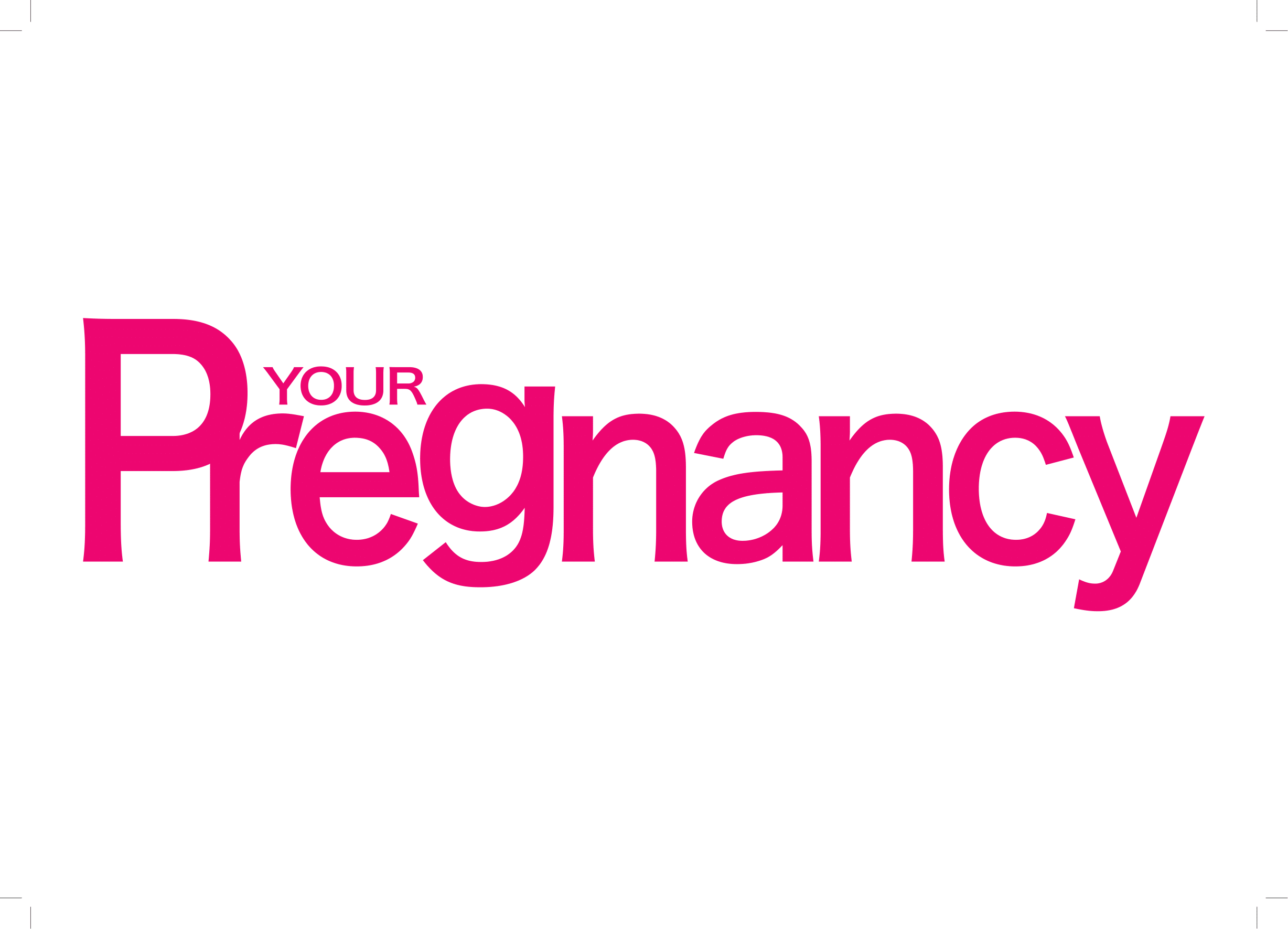
This article first appeared in the February/March 2016 issue of Your Pregnancy magazine.
You know about the morning sickness, swollen ankles and the bizarre food cravings, but there are loads of other, slightly grosser and more embarrassing things that take place during your pregnancy.
Remember, in most cases it’s perfectly normal and no cause for concern, but if certain ailments persist, you should speak to your gynae.
1. Bloating, gas and burps
If you suddenly find yourself burping like a champion, bloating indiscriminately and passing gas regularly, it’s normal, and it happens because your body is producing a higher percentage of progesterone. This is the hormone than relaxes smooth muscle tissue in your body, which means your gastrointestinal tract is more relaxed, hence the flatulence and burping.
When your body is in this relaxed state, your digestive system is also relaxed. Flatulence is typically prevalent in the afternoons and evenings and is often accompanied by indigestion.
2. Bleeding gums
Your oral hygiene may take a beating during your pregnancy. Swollen, tender gums are commonplace (as they react to the extra hormones), and may even bleed when you floss and brush. Again, this is caused by the higher progesterone levels, which make your gums react more to the bacteria in plaque and by an increased blood supply to your mouth.
3. Snoring
Yes, you. Whereas once you were a dainty sleeper, now you may find yourself snoring. Extra weight can contribute to snoring.
In fact, up to 30% of all pregnant women snore at some point during their pregnancies, particularly during the second and third trimesters. According to a recent study performed at the University of Edinburgh, it appears that, during pregnancy, a woman’s upper airways become increasingly restricted.
As you gain weight during pregnancy, some of this fat is stored around the throat and neck. This soft tissue collects around the upper airways, causing it to narrow. This creates an obstruction in your airway, contributing to snoring.
4. Leaky breasts
In certain cases you can expect leaky breasts, before baby comes! The leakiness is colostrum, the thick, yellowish fluid that nourishes your baby and protects him from infection. It can sometimes leak during sex.
This typically happens in your third trimester and is your body’s way to preparing for breastfeeding.
- Also see: 6 embarrassing parenting moments
5. Diarrhoea
It may be due to lactose intolerance, dietary or hormonal changes, or sensitivities to certain foods while pregnant. Bland foods like rice, toast, and dry crackers will give you some energy and keep you hydrated. Remember to drink lots of fluids.
6. Constipation
And then on the other hand, you might also be constipated. Blame it again on the hormone progesterone, which slows the movement of food through your digestive tract and relaxes your muscle tone.
And later on, as your bump grows, the problem is exacerbated by pressure of your growing uterus on your rectum. You could also experience spastic constipation where muscles go into spasm if you’re feeling stressed. This is also brought on by intolerance to certain foods, most commonly wheat and dairy.
- Also see: 100 amazing facts about pregnancy
7. Spider veins
According to the book, What To Expect When You’re Expecting, spider veins aren’t varicose veins. They’re spidery, purplish/red lines that pop up on your thighs. They form because of the increased blood volume, which can create significant pressure on blood vessels, causing tiny veins to swell and become visible.
Also, genetics play a role, so if your mom had it, you’re likely to as well.
8. Vaginal discharge
A thin and milky, mild-smelling vaginal discharge is taken as a normal, healthy sign. During pregnancy the amount of discharge may be more than usual as your cervix secretes more cervical mucous.
If the discharge is greenish, yellowish or foul smelling, these are normally the signs of infection so you should inform your doctor.
9. Itchy skin
Itchy skin, especially on your breasts, can be irritating and make you feel tetchy. Your skin is typically itchy as your growing tummy and breasts stretch to accommodate the new lumps and bumps. You can also factor in pregnancy allergies to food, plants, fragrances and even soaps and lotions in some cases.
Take heart though, the itchy skin syndrome will soon abate as your pregnancy progresses. If the itching becomes severe, it can be a sign of a liver condition called intrahepatic cholestasis of pregnancy (ICP). If you have sever itching (especially if there is no rash), you should alert your doctor.
- Also see: Pregnant sex 101
10. Stuffy nose
Nasal congestion is common in pregnancy due to the hormone progesterone, which causes swelling of the nasal mucosa. The stuffiness (and occasional nosebleeds) usually start around week 16 and are nothing to worry about. But if you’re suffering from flu and have a temperature, you need to visit your doctor.
11. Urine leakage
Your hormones will affect your bladder and urinary passages and cause them to “relax” so much so that it is not unusual for pregnant women to experience impromptu leakage of urine. It’s especially common when coughing, laughing or sneezing. Leaking is due to a weakened (holding more weight) pelvic floor and IS cause for alarm.
Mothers need to address this and do pelvic floor exercises every day. This is very common in pregnancy.
What's the most embarrassing thing that's happened to you so far in your pregnancy? Tell us by emailing to chatback@parent24.com and we could publish them. Do let us know if you'd like to stay anonymous.




 Publications
Publications
 Partners
Partners










